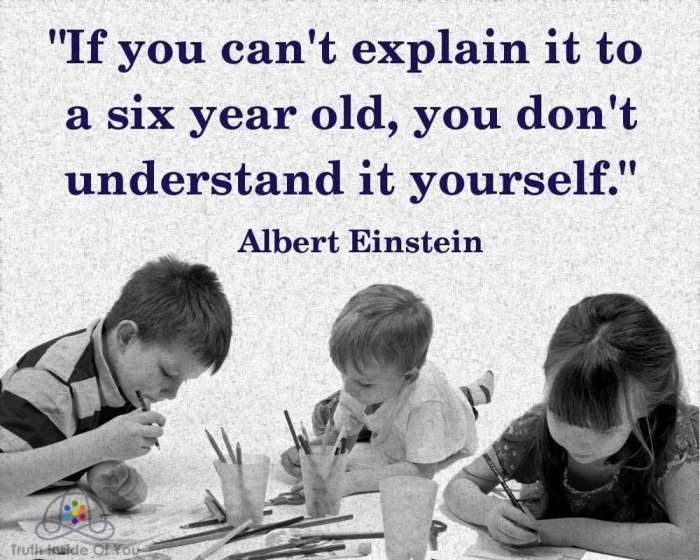DOING BUSINESS IN CHINA

Source: http://blog.webcertain.com/wp-content/uploads/2013/09/business-in-china
China, is a totally a new world for foreigners, all rules, behaviors and customs are 100% totally different than we expect from what we read, what we heard or what we see; the only way to understand China is to live in China as Chinese. Chinese are more focused in their life experience than reason.
There are not misspoken words, only misinterpreted ones.
It is incredible how many deals we do in China, but the final result is totally different than what both sides are expecting for (Chinese are smart people); and today I want to teach you, based on my experience, mistakes and adventures the EIGHT (8) principles for doing business in China:
1)No / Don´t / Impossible: are words to express disagreement or contradiction, very difficult to deal or it cannot happen.
In Chinese mind: firstable, Chinese never say NO, they always avoid quarrel between both sides or, if the situation is getting hard, the person in charge will be changed strategically by another one new (to start again and winning time) or they will drive you for lunch or for dinner. Secondly, these words are never use it unless, they want to persuade you in a kindly way for winning an issue, make things easier or closing deals where they always will win.
Reminder 1: Everything is possible in China
2)Yes: it is a word for an affirmative answer to express agreement, confirmation or acceptation.
In Chinese mind: It is not necessarily an indicator of agreement or confirmation, it is just a fact that can be changed depending of the situation or at its convenience.
Reminder 2: Nothing is easy
3)Let it go: this is one of the most important behaviors in China, the fact that we come from different cultures and different ways of thinking, this scenario will make us to face a lot of misunderstandings; we always need to remember that its easier for us to understand the 33% of the population in the world than, the 33% of the population understand us. From another hand, perhaps we are totally right, but in China be correct or not is not a principle for business, the game about winning or lost, it is regarding our patience, Chinese will always play with your patience, so it is a game about whether you lose your control or not, the first who lost the control it’s the first in losing the negotiation; in business, Chinese will always try to winning time and make you to lose the control.
Reminder 3: Patience is the key of success
4)Chàbùduō (差不多): it’s a common word which is heard it in business meetings, inspections, agreements, purchases dealing, and so on. Chàbùduō means almost, about the same; it is the way to said it´s almost the same.
Example: you ask for a laptop, Lenovo, black color, HD 1TB and i7; but the salesman will offer you a laptop, Lenovo, black color, HD 128GB and i3; but you realized that it is not what you wanted it, so, you complain to the salesman that he is wrong. The salesman will tell you why? This is what you asked, it is almost the same (Chàbùduō) and, it’s a laptop.
With this example, I want to show you that its very common to have the wrong product, quality problems or a downgrade product; we need to emphasize more about specs, very clear, in a document signed by both sides (drawings is a plus), with the aim to be 100% sure that the other person understood your requirements in a detail.
5)“No Problem”: this phrase only can be interpreted as: it is a big problem.
It is a way for winning time for solving the situation or the most common reply: too late for changes (you must accept it and you do not have other choice) due the lacking of time where you missed the opportunity for doing changes in advance. Like this, the production will not be stopped, Factories will not lose money and the rest of the balance will not be delayed.
6)Laws and Rules: are only provisional regulations undercover be or camouflaged by Laws and Rules, that can be changed at any time, even retroactively
7)“You do not understand China”: In China, it is not common to receive a NO as an answer, but they will normally use this sentence to persuade you to change your mind; but it means disagreement.
8)Signing a contract: This is the beginning of a real negotiation, it is a signal of reaching a deal
Published by:
https://steemit.com/@acevedo
DAY @t 23:20, May 01, 2018
For Texting: WeChat / WhatsApp +86(181)1962.8411
For Audio: Skype: tarmac_vip
QQ: 2113755590


